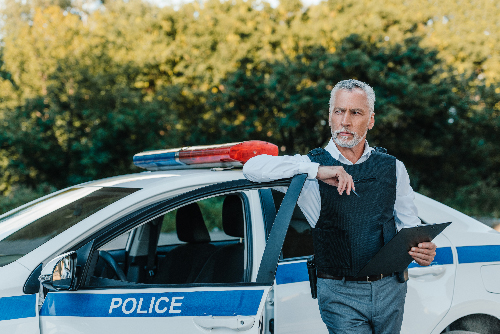n an effort to strengthen local governance and ensure that law enforcement is more reflective of the communities it serves, the Alberta government has announced plans to establish municipal and regional policing committees across the province. This initiative, part of the Police Amendment Act passed in 2022, is designed to give communities more influence in determining policing priorities and fostering a collaborative approach between residents and law enforcement.
Mike Ellis, Alberta’s Minister of Public Safety and Emergency Services, underscored the significance of this move, stating, “By creating new civilian governance bodies, we’re responding to Albertans’ long-standing desire for more say in how the RCMP police their communities. This marks a paradigm shift that sees local police across the province as an extension and a reflection of the communities they serve.”
What It Means for Chestermere and Surrounding Communities
This new policy will affect a variety of municipalities and communities across the province, including larger centres like Chestermere and Strathmore. Communities with a population of over 15,000, such as these, will be required to establish municipal policing committees that will play a pivotal role in overseeing RCMP services in their respective areas.
These local policing committees will have the authority to set policing priorities that reflect the unique needs and concerns of their communities. In addition, they will be tasked with regularly reporting on policing initiatives and how they align with local safety goals. This framework aims to create a direct line of communication between residents and law enforcement, ensuring that police services are not only held accountable but are also closely aligned with the expectations of the public.
For smaller communities, the structure will be slightly different. Towns and regions with populations between 5,000 and 15,000 will be grouped together under regional policing committees. These committees will be responsible for recruiting and appointing members to represent the interests of their public and liaise directly with RCMP leadership.
The smallest rural communities, those with fewer than 5,000 residents, will fall under the jurisdiction of the new Provincial Police Advisory Board. This board, consisting of 15 members, will represent a variety of stakeholders, including representatives from Alberta Municipalities, the Rural Municipalities of Alberta, and Indigenous communities. By doing so, the government aims to ensure that even the most remote areas have a voice in shaping their policing landscape.
Strengthening Local Influence in Law Enforcement
The establishment of these committees represents a significant shift towards increased civilian oversight in rural and smaller communities. Residents will now have an avenue to voice concerns about public safety, policing standards, and the responsiveness of local law enforcement. This increased local input will empower communities to address specific concerns, such as crime prevention, traffic safety, or issues like vandalism and substance abuse, with tailored policing strategies.
The Alberta government emphasized that these civilian-led committees will not only communicate public concerns to RCMP leadership but will also collaborate with local officials to develop and implement solutions. The committees will be tasked with reporting back to their respective communities on the effectiveness of these programs, thereby ensuring accountability and transparency within law enforcement agencies.
The Alberta government’s release further highlighted the role these committees will play in fostering collaboration between law enforcement and community members, ultimately leading to better outcomes for public safety. “These civilian committees will represent the interests and concerns of the public to the RCMP leadership in their district, work with local officials to identify and address public safety concerns for their region, and report on the implementation of programs and services to address them,” the government stated.
Implementation Timeline and Next Steps
The new policing committees are scheduled to be in place by March 1, 2025, giving municipalities and regional bodies time to recruit, appoint, and train committee members. For Chestermere and surrounding communities, this presents an opportunity to engage in proactive discussions about local policing needs and to ensure that law enforcement is both responsive and accountable to residents’ concerns.
As these committees begin to take shape, local leaders and community members alike are expected to play a crucial role in defining the future of policing in Alberta’s rural and smaller communities. With civilian oversight at the forefront, the hope is that these initiatives will lead to safer, more engaged, and more connected communities across the province.






